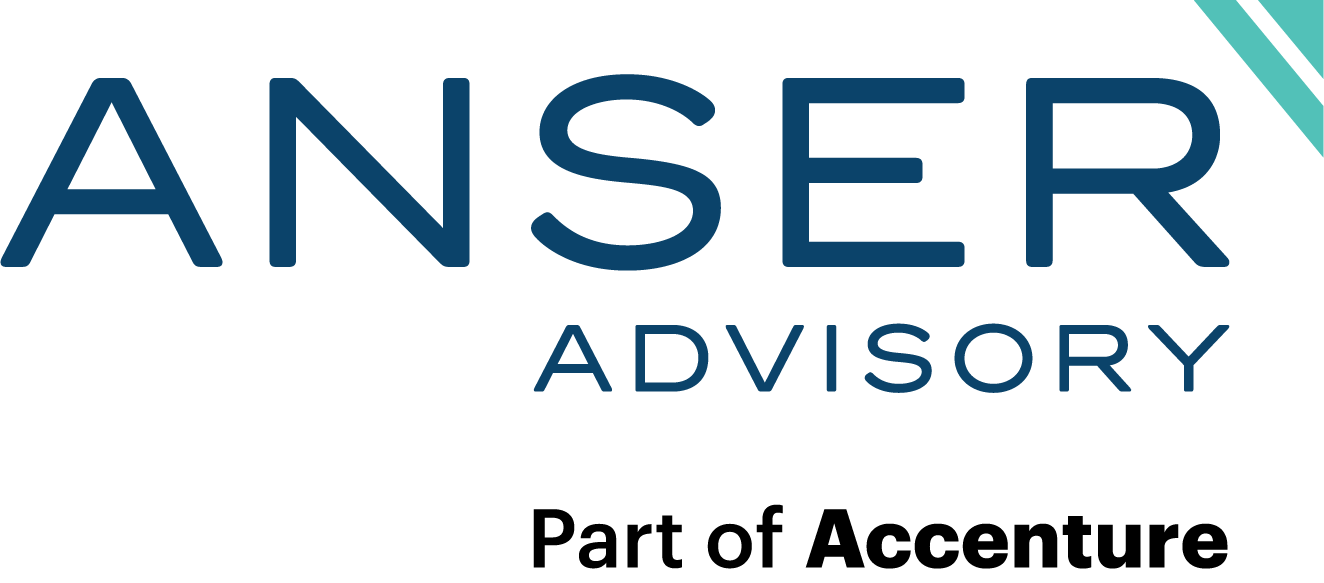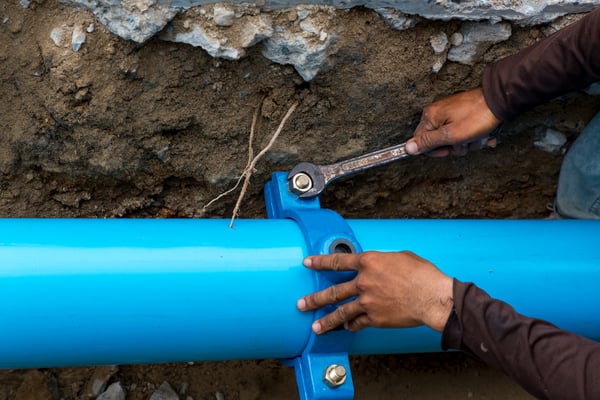The pandemic opened eyes around the world, offering new visions on everything from healthcare and quarantines, to supply chains and working remotely. As we struggled through managing the cause, we didn’t expect one of the lingering effects to be the shrinking workforce. At a time when industries were eager to get back to normal and return to work as soon as possible, not everyone was ready, available, or even interested. Even after peaking at 14.8% unemployment in April 2020, the workforce has been slower than normal getting back to the job.
All industries are affected, but construction has been hit hard, and considering that the Infrastructure Bill has been passed, the timing couldn’t be worse. As funding is prioritized and then dispersed, more and more states, agencies and municipalities will be authorizing funds for hundreds of infrastructure projects. However, while the $1T Bilateral Infrastructure Law (BIL) outlined over 400 funder grants, just 57 were eligible to be applied towards workforce-related efforts.
Because of the scale and specialized nature of such projects, the chain of companies within the construction sector, such as engineering, materials production, shipping, energy, construction, technology, and demolition, will be reliant on each other to succeed at their tasks. Any shortage of materials or labor at any point can create costly kinks in this chain, leading to delays, escalating costs, scale-backs, and even project cancellations. Without a plan adopted and field-tested soon, the country is at risk of not keeping up with dire infrastructure upgrades nor ensuring a stable economy for decades.
Taming the 4-Headed Monster
The construction labor shortage can’t be blamed entirely on the pandemic. We need to consider the perfect storm of interrelated causes: The growing rate of retirements by baby boomers, the explosion of tech jobs, a societal priority shift towards family or business start-ups and even lower numbers in the migrant workforce.
A set of coordinated solutions, each addressing the specific needs of sectors and locations, is imperative. Finding fresh faces to fill growing job openings in the water workforce is not a simple ask. With so many occupations in divergent localities, employers will need to finetune their approaches to recruitment, training, retention, and inclusion. But, with a coordinated strategy, these requirements can be re-envisioned as opportunities to find and connect with qualified applicants.
The following are innovative, “outside-the-box” approaches to reinvigorating employment within the more than the 200 water workforce occupations.
New Ways to Attract the New Water Workforce
Mentorship Programs
Building one-on-one connections with current staff helps potential recruits experience what it’s like to be on the job. Formal mentoring programs encourage current employees to reach out and stay connected with recruits and junior employees by providing the time and work flexibility needed to form mentor-mentee relationships. From this hands-on vantage, candidates can experience more of the workplace culture, advanced responsibilities, growth areas and opportunities that appeal to their interests and skills. Employers are encouraged to implement mentorship and subsequent training programs that match the needs of the company to the expectations of motivated job candidates.
Hire Diversely
The best workforce is the one that reflects the whole of the community it serves. By embracing what makes everyone unique, we can do more by drawing from diverse perspectives and experiences. The broader real-world viewpoint, allows organizations to enhance their contributions in local communities, while providing a sense of pride and inclusion for the workforce. Similarly, overcoming gender bias in the water workforce can be put into action on a consistent basis by bringing awareness not just to the issue, but also to active policies about hiring, promotions and equal wages, inhouse advocacy and acknowledging on-going positive changes that an organization can get behind.
By embracing the valuable perspectives and insightful ideas from everyone within a community, water operations leadership will be empowered to make better decisions affecting the community and their own business objectives.
Hire Workers from Nontraditional Population Segments
While reaching out to veterans, legal migrants and formerly incarcerated individuals is probably not a typical hiring strategy, it can part of a broader incremental plan that draws new workers from non-obvious sources. According to the U.S. Department of Labor, more than 200,000 people each year transition from the military to the civilian workforce. Their comfort with consistency and high-pressure in the workplace may be an ideal fit for new careers in the water industry. Organizations that specialize in transitioning veterans can help them with finding open positions, developing a tight resume and preparing for interviews in the civilian workplace. As with mentoring, larger water organizations probably already have veterans on staff who can build on their common ground and provide insights on their work culture.
Over half of formally incarcerated individuals have reported substantial concern about job stability. Given few chances, they may take what they can get and risk never reaching their full potential. Career development in water operations and management offers the possibilities of training, reliable work and a chance to build a life around a stable career. In addition, currently more than half of all water workers have no more than a high-school diploma or GED.
Image is Everything
Branding works, even for water. By reinforcing the water workforce as a great career option from all the reasons stated, the public will adopt this persona for the industry. Adults would be the prime target, but even connecting with grade school kids through school programs, community events and tours could build interest and appreciation for the field. It would take time, but an informed population would make recruiting easier for years, even decades.
Viva La Difference!
Not everybody wants to work in an identical environment. Fortunately, this industry offers dozens of options in offices, construction, water facilities, outdoors and on the road to name just a few. Even a small rural operation can provide rewarding job choices. By highlighting these exciting options for recruiting events, community outreach and HR communications, a water organization can stand out among the crowd and appeal to more potential employees at every experience level.
The Anser Advisory Difference
Anser Advisory is a national capital program and project advisory firm offering solutions to public and private sector clients implementing capital projects and programs. The company has a history of growing by merging with different companies, each committed to the values of diversity and inclusion. Since our creation, we have acquired numerous certified Disadvantaged Business Enterprises (DBE), a certified Women-Owned Business Enterprise (WBE), a certified Minority Business Enterprise (MBE), and a certified WBE and LGBTQ+-owned businesses. Team Anser now includes a total of ten legacy minority-owned businesses with a combined staff of 1,200+ employees. You can say we owe our success to this unique blend of people and perspectives.
Anser Advisory’s Federal Division, Markon Solutions, was one of the 835 recipients of the 2022 HIRE Vets Medallion Award presented by the U.S. Department of Labor. The Honoring Investments in Recruiting and Employing American Military Veterans Act (HIRE Vets Act) Medallion Program is the only federal award program that recognizes employers who successfully recruit, hire, and retain veterans.
Anser's Comprehensive Services
With many years of experience and numerous successful projects in the water and wastewater sector, we have established ourselves as pioneers in the industry. Our expertise ranges from supervising the development of wastewater treatment facilities to managing the construction of the nation's most massive lined up-ground reservoir.
Our advisory services extend far beyond the water management industry. Aviation, transportation, culture, education, government, energy, housing and healthcare are just a few of the industries our teams have assisted in reaching their ambitious goals.
Anser Advisory Services include: real estate advising, organizational assessments, process analysis, systems analysis and implementation, change management, project delivery strategy, procurement development and support, benchmarking, and project finance. We have extensive experience providing these services for capital program/project delivery and also have proven capabilities in staff augmentation and outsourcing.


